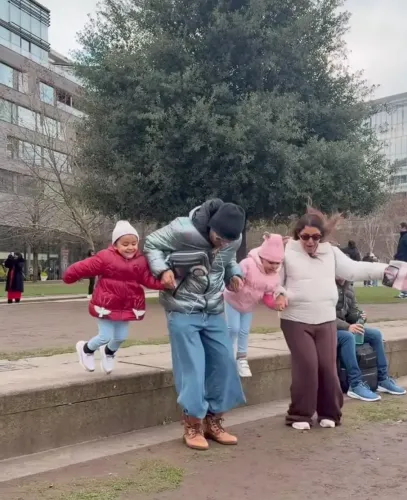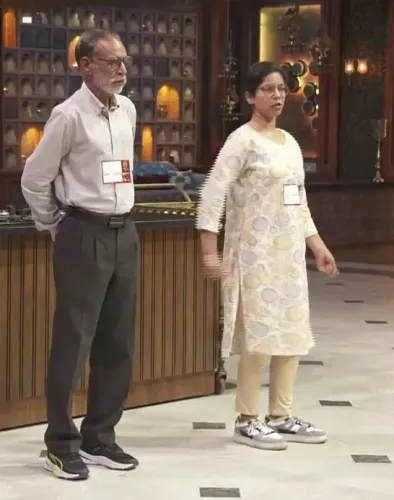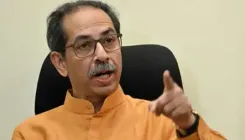Hearing Scheduled for Neetu Chandra’s PIL Regarding Vulgar Honey Singh Song on March 28

Synopsis
Key Takeaways
- Neetu Chandra files PIL against vulgar songs.
- Hearing set for March 28, 2025.
- Calls out Yo Yo Honey Singh's 'Maniac' for vulgarity.
- PIL highlights negative portrayal of women.
- Advocates for legal action against offenders.
Mumbai, March 7 (NationPress) Actress Neetu Chandra has recently initiated a legal petition addressing the prevalence of vulgar and explicit songs in Bollywood. The court has set the hearing date for March 28, 2025.
On Friday, a session was conducted by a bench led by acting Chief Justice of Patna High Court, Ashutosh Kumar. The court has requested the central government to articulate its position on the issue, noting that this appears to be a matter of public interest litigation. It has been highlighted that derogatory language and abusive portrayals of women are rampant in Bhojpuri music.
Within the PIL, the petitioner asserts that the track ‘Maniac’ by Hirdesh Singh, popularly known as Yo Yo Honey Singh, is laden with vulgarity and depicts women in an inappropriate manner. The song has been criticized for commodifying women and reducing them to mere objects of consumption, presenting them as sex symbols.
The use of suggestive language in the lyrics exacerbates the vulgarity, adversely impacting children, women, and various segments of society. Furthermore, the use of Bhojpuri language in these songs casts women in a severely negative light.
At present, there are no regulatory measures in place to curb vulgar music. The actress has filed this public interest litigation (PIL) in Patna High Court, accusing Honey Singh of promoting vulgarity and sexualizing women through his song ‘Maniac’. The PIL also names other contributors, including lyricist Leo Grewal and Bhojpuri singers Ragini Vishwakarma and Arjun Ajanabi.
The petition states that the fundamental right to freedom of speech and expression is guaranteed by the Constitution of India, yet it acknowledges that this freedom comes with limitations. The plea advocates for legal repercussions against offenders, emphasizing the need for strict enforcement of regulations.










